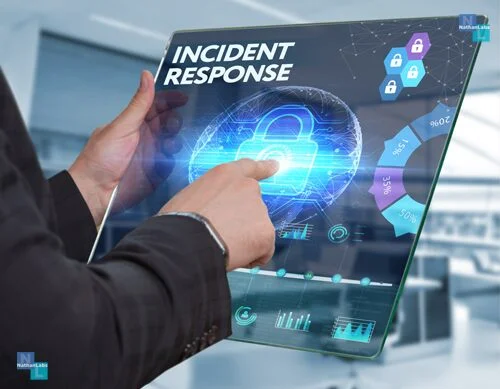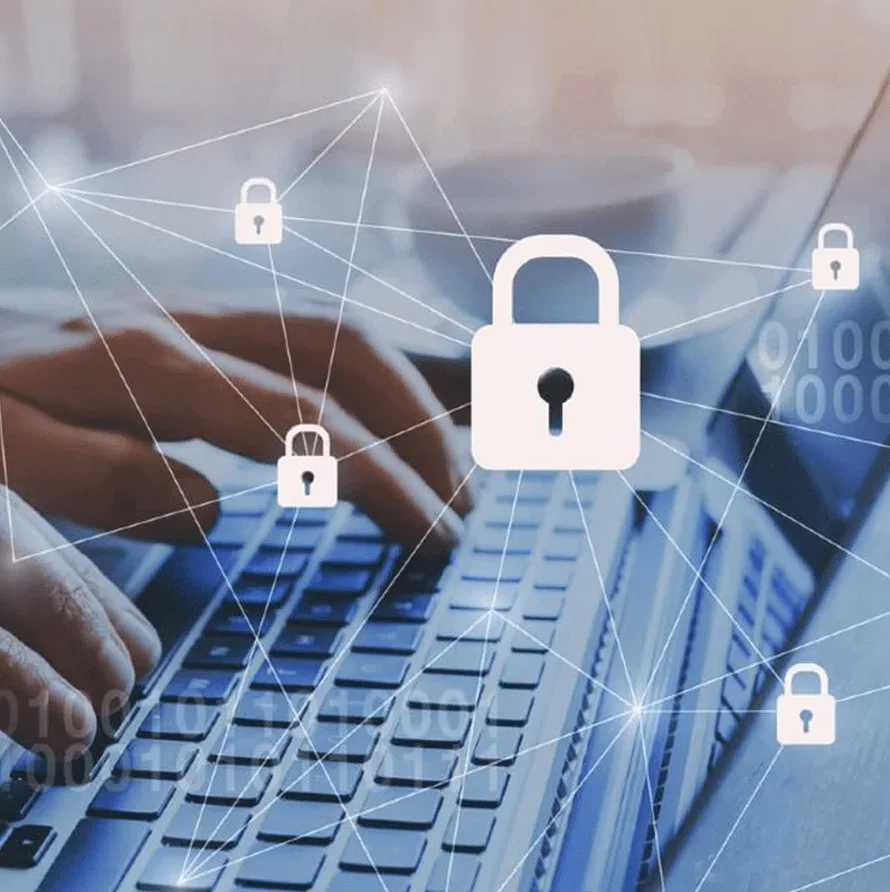
- Modern digital environments demonstrate that cybersecurity incidents become unavoidable because they will certainly happen. Organizations must develop quick effective responses to handle the ongoing development of cyber threats. Organizations need to create a structured incident response team for effective response. This article examines the fundamental responsibilities which create an efficient incident response team structure.
Understanding Incident Response
- A structured incident response system serves as the organized method for managing cybersecurity incidents after they occur. Various incidents such as data breaches alongside malware infections together with denial of service attacks make up the range of possible security events. The main objective of an incident response team consists of two main goals: protecting systems from additional harm and shortening the time needed to recover operations alongside preventing similar incidents from occurring.
Key Roles in an Incident Response Team
- The Incident Response Manager functions as the team leader who directs incident management operations and takes vital decisions throughout security incidents. The manager bears responsibility for enforcing incident response plan implementation and maintaining communication with all involved stakeholders.
- Security Analysts work directly in incident detection and analysis as their primary responsibility. Security professionals investigate alerts to determine incident impact before choosing suitable response methods. Their work includes backing up recovery operations.
- The forensic team consists of analysts who focus on evidence collection and preservation during security incidents. The forensic experts take the lead in identifying attack origins and determining attack extent.
- Network and System Administrators: Admins are responsible for taking action to contain and mitigate the incident. The team can stop affected systems from further operations and deploy security updates and backup restoration.
- The Legal and Compliance Experts monitor the incident response process to guarantee compliance with all applicable laws and regulations. The team helps with legal incident procedures including breach notification responsibilities.
- The Public Relations and Communication Specialists play a crucial role in managing organization reputation alongside stakeholder communication during incidents.
- Human Resources and Employee Relations manage the employee effects that result from incidents. This team helps with communication protocols and provides counseling services and performs essential HR procedures when needed.
- The incident response team can engage outside experts and vendors who specialize in digital forensics and legal advice for certain incident types.
Responsibilities of the Incident Response Team
Each position within the incident response team requires particular duties to perform.
- Preparation: The team must prepare incident response plans for regular updates and training sessions to maintain readiness.
- The identification process includes alert verification to establish whether detected incidents represent actual security threats.
- Containment: The team separates vulnerable systems from the rest of the network to stop further damage by determining the entry point and removing unauthorized access.
- The incident eradication process involves eliminating both root causes like malware and system vulnerabilities to stop future security threats.
- Recovery: The team works to bring affected systems and data back into normal operational state while actively watching for signs of ongoing compromise.
- A post-incident review process follows incidents to determine what happened and which elements worked well and what elements need improvement for future incident response processes.
- Documentation and Reporting: Maintaining detailed records of the incident, actions taken, and the impact. The team reports incidents to senior management and regulatory bodies whenever necessary.
- Communication: The team handles internal and external communication throughout the incident by providing transparent information while protecting sensitive details.
Benefits of an Effective Incident Response Team
Every organization needs to build and sustain an incident response team that provides strong protection. The main advantages of such a team include:
- Rapid Response: Faster incident resolution, minimizing damage and downtime.
- Legal and Regulatory Compliance: Organizations need to follow all legal and regulatory standards from the time of incident occurrence until its resolution.
- Reputation Management: Effective communication and containment can help protect the organization’s reputation.
The process of continuous improvement results from regular post-incident reviews which create an enhanced security posture.
Organizations need incident response teams now more than ever because cybersecurity incidents continuously threaten them in the current era. Organizational incident response effectiveness improves when organizations define roles and responsibilities and focus on preparedness to reduce incident damage while enhancing detection and response capabilities.
What people say
We have received tons of awesome testimonials
Our Certifications
Nathan Labs holds certifications including ai-chatbox Lead Auditor, ISO 9000 Lead Auditor, and Qualified Security Assessor (QSA). Our expertise includes the gap assessment against the ai-chatbox standard and the implementation of the information security policies that help organizations get their ai-chatbox certification.










Speak with our experts for a free consult
📞 Call NowFaq
Frequently Asked Questions
Customized cybersecurity training is vital for corporates because it addresses their specific security needs and industry-related risks. It ensures that employees receive training relevant to their roles and responsibilities, making them better equipped to protect the organization's digital assets and sensitive information.
NathaLabs takes a personalized approach to cybersecurity training. We work closely with your organization to assess your current security posture, identify areas for improvement, and develop a tailored training program that aligns with your objectives. Our training is targeted for various roles within your organization, from executives to IT staff and general employees.
Our training programs go beyond passive information delivery. They are designed to engage participants through interactive workshops, hands-on exercises, simulations, and real-life scenarios. This active learning approach helps employees gain practical experience and develop critical thinking skills necessary to identify and respond to cyber threats effectively.
Yes, our training content is carefully curated to provide the most relevant and up-to-date information. The field of cybersecurity is continually evolving, and we ensure that our training covers the latest threats, best practices, and industry-specific examples. This ensures that employees can apply the training content to their daily work.
We offer opportunities for continuous learning through webinars, online courses, and access to relevant resources. We also reinforce good cybersecurity practices through regular reminders, newsletters, internal campaigns, and recognition for employees who actively contribute to maintaining a secure environment.
We place great importance on measuring the effectiveness of our training programs. We conduct post-training assessments, simulations, and periodic security audits to evaluate your organization's security posture. This helps identify areas for improvement and enhances your cybersecurity defenses.
To partner with NathaLabs for customized cybersecurity training, simply contact us today. Our team will discuss your specific needs and work with you to develop a tailored training program that meets your objectives. Together, we can strengthen your organization's cybersecurity defenses and build a secure future.
NathaLabs is dedicated to providing customized training that addresses your organization's unique cybersecurity challenges. Our experienced cybersecurity professionals ensure that your employees gain the knowledge and skills needed to mitigate risks, protect sensitive information, and maintain resilience against cyber threats.






